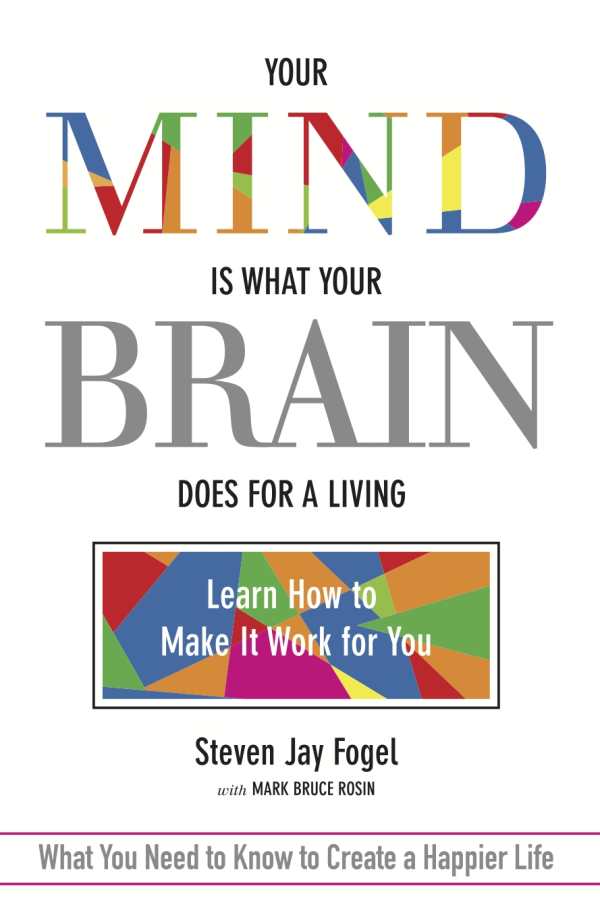Your Mind Is What Your Brain Does for a Living
Learn How to Make It Work for You
Fogel’s extensive research and experience lend him a testimonial presence while he convincingly shares methods of mindful awareness.
Neuroscience supports the idea that early childhood development, relationships with caregivers, and childhood traumas contribute to creating a “default programming” that at times can sabotage the adult life. Steven Jay Fogel’s Your Mind Is What Your Brain Does for a Living: Learn How to Make It Work for You is part memoir, part brain study that is designed to assist readers in overcoming negative programming by developing “mindful awareness.” This book, a companion for Fogel’s previously written My Mind Is Not Always My Friend, is not a sequel but a stand-alone project that “refine[s] the ideas from the first.”
“I learned that the only way I could fix what seemed to be broken in my inner world was to learn how my inner world had been formed, how it limited me, and about the power I had to change it,” he writes. By weaving the story of trauma surrounding his father’s early death and his mother’s subsequent dysfunction during his childhood, along with the stories of his two failed marriages, Fogel explains to the reader how he succeeded in “pausing the machinery” of his mind in order to “change [his] brain and behavior” that resulted from a childhood filled with unhappiness and insecurity. He then extends ample ideas, strategies, techniques, and real-time opportunities that can be used in the quest for mindful awareness. Each chapter ends with a “Pause Your Machinery” exercise.
Fogel, while not a brain scientist, is as expert on his subject as laymen get. Extensive personal searching and experience lends him a tried-and-true testimonial presence, and his scientific research supports his observations, making him seem quite fluent in matters of brain physiology. He does not just give explanations for the physical mechanisms of the brain but also explains how the structures work together to impact thought and perception. That said, this is not a medical science textbook, and Fogel lingers on and repeats key ideas throughout the book, repetition that may seem unnecessary to certain readers while being helpful to those who haven’t connected the dots of insight that would enable coping with change.
Fogel’s writing is of high caliber; his tone is friendly and almost pastoral in the way the takes the reader step by step through the practice of mindful awareness in the latter half of the book.
Reviewed by
Heather Weber
Disclosure: This article is not an endorsement, but a review. The publisher of this book provided free copies of the book to have their book reviewed by a professional reviewer. No fee was paid by the publisher for this review. Foreword Reviews only recommends books that we love. Foreword Magazine, Inc. is disclosing this in accordance with the Federal Trade Commission’s 16 CFR, Part 255.

